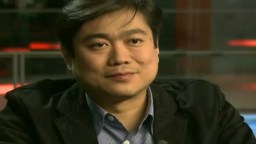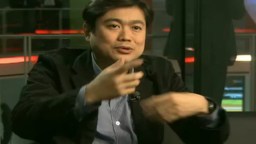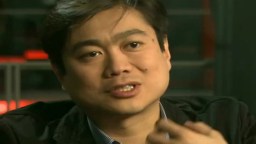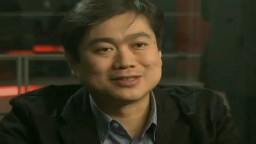CEO, Creative Commons
Joichi Ito is the CEO of Creative Commons. He is a co-founder and board member of Digital Garage and the CEO of Neoteny.
He is on the board of Tucows,Technorati and helps run Technorati Japan. He is a Senior Visiting Researcher of Keio Research Institute at SFC in Japan. He is the Chairman of Six Apart Japan, the weblog software company. He is on board of a number of non-profit organizations including The Mozilla Foundation, WITNESS and Global Voices. He has created numerous Internet companies including PSINet Japan, Digital Garage and Infoseek Japan and was an early stage investor in Six Apart, Technorati, Flickr, SocialText, Dopplr, Last.fm, Rupture, Kongregate, etology Inc and other Internet companies. He has served and continues to serve on various Japanese central as well as local government committees and boards, advising the government on IT, privacy and computer security related issues. He is currently researching "The Sharing Economy" as a Doctor of Business Administration candidate at the Graduate School of International Corporate Strategy at Hitotsubashi University in Japan. He maintains a weblog, where he regularly shares his thoughts with the online community. He is the Guild Custodian of the World of Warcraft guild, We Know. Ito was listed by Time Magazine as a member of the "Cyber-Elite" in 1997. Ito was listed as one of the 50 "Stars of Asia" by BusinessWeek and commended by the Japanese Ministry of Posts and Telecommunications in 2000. He was selected by the World Economic Forum in 2001 as one of the "Global Leaders for Tomorrow", chosen by Newsweek as a member of the "Leaders of The Pack" in 2005, and listed by Vanity Fair as a member of "The Next Establishment" in 2007. Ito was also named by Businessweek as one of the 25 Most Influential People on the Web in 2008.

















